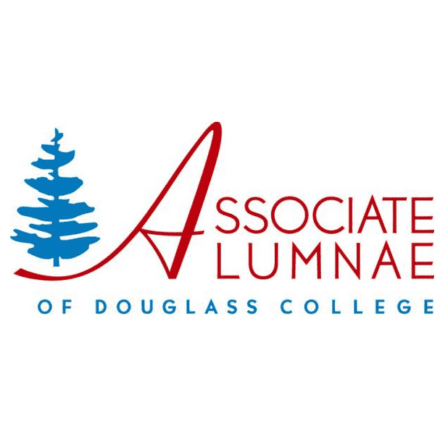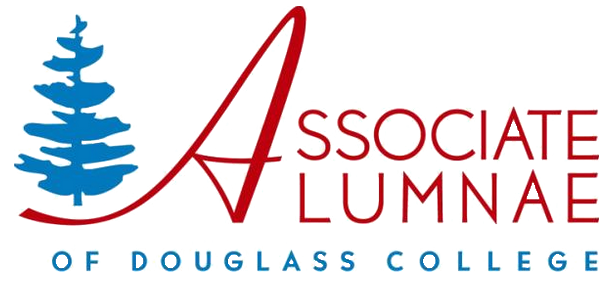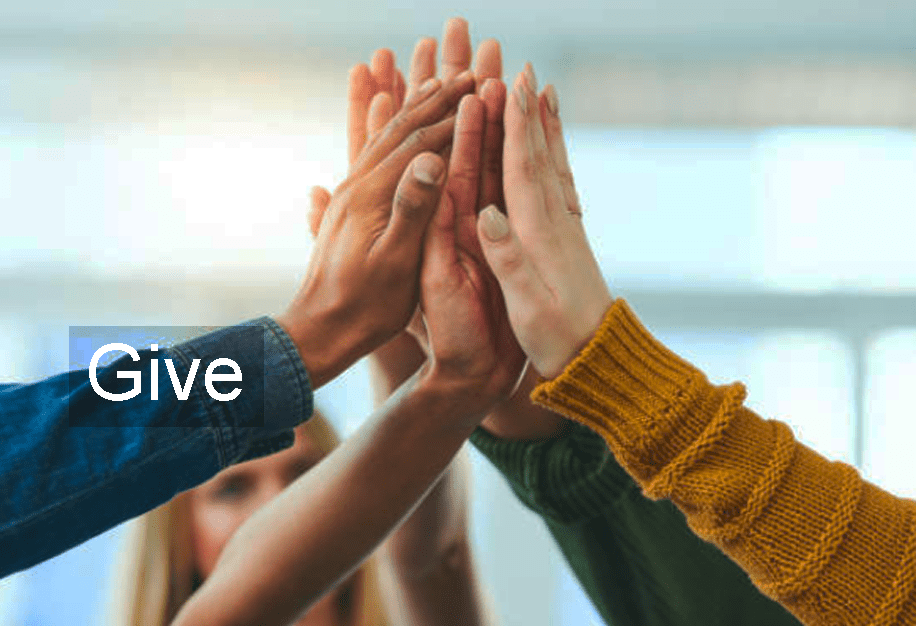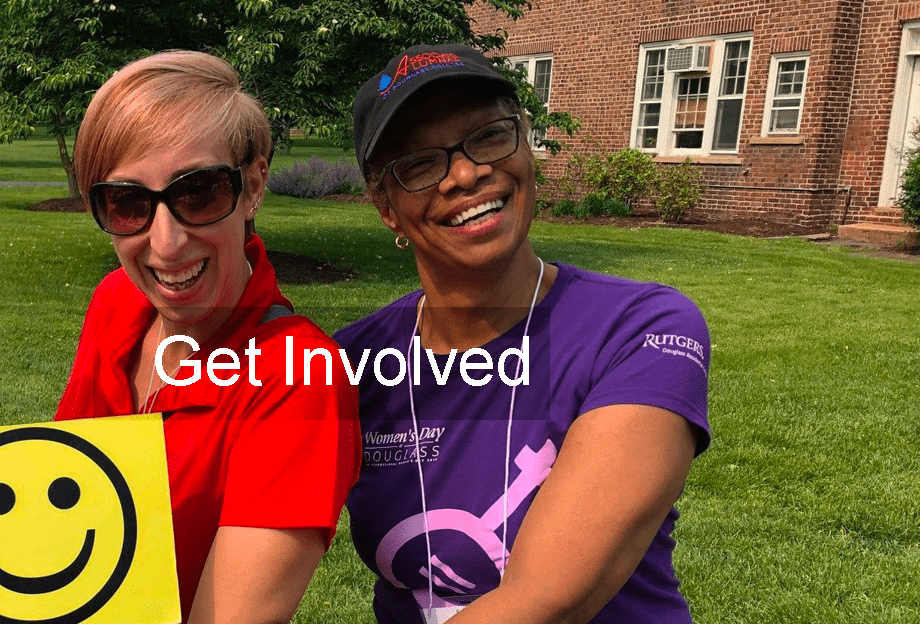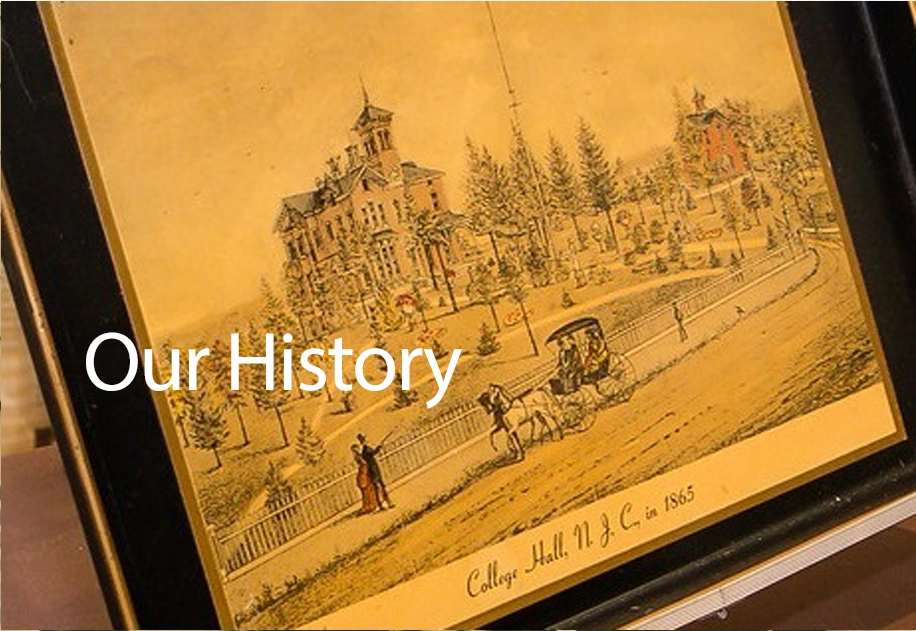


encouragement and community spirit.


Upcoming Events
01
AADC in the News
Our Women Moving Forward
conference is bringing recognition
to how women build connections
and network.
02
Welcome Young Alums
Our Young Alumnae Network is the future of our association and brings the young alumnae community of Douglass together.
03
Diversity, Equity & Inclusion
Douglass alumnae are stronger when we move forward together in solidarity and are able to value, include, respect and embrace our differences.
0
100
Years of Connecting
0
40000
+ Alumnae Worldwide
0
600
+ FELLOWSHIPS AWARDED
SINCE 2000
Amazing Alumnae:
Yamiesha Bell ’15
Yamiesha Bell ’15 has provided dedicated service
as an active volunteer and young alumnae leader.
She brings a spirit of enthusiasm and shares her
time, talents and treasures with our AADC community.
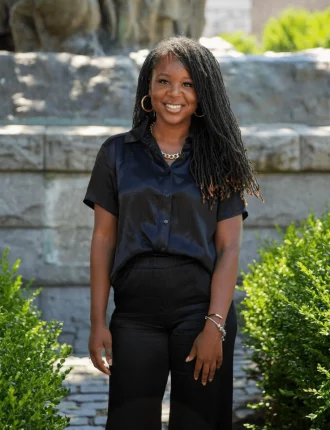

Why I ❤️ AADC...
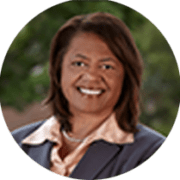

Michele Hudgins Ozumba
'73“The AADC has done a tremendous
job of building a network of Douglass
graduates who are supporting each
other professionally and personally.”
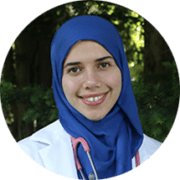

Mona Moshet '19
"The support helps alleviate the
financial stress of medical school. I
hope to pay this kind gesture forward
in my career and as an alumna."
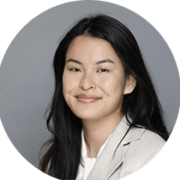

Eileen Zhu '21
"Extra financial support gave me the
opportunity to be more flexible with
my graduate school decision and spend
more time studying and networking.”
